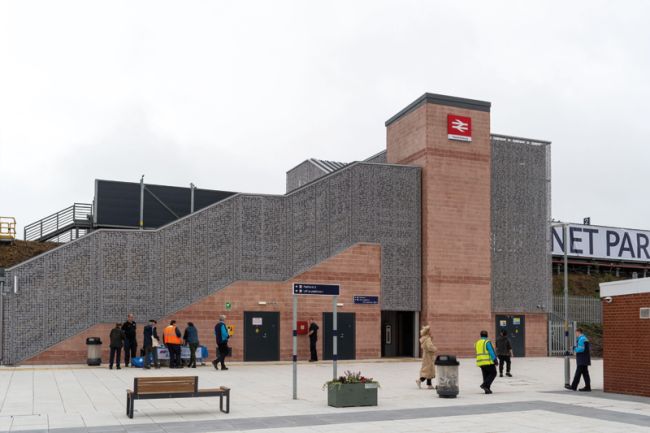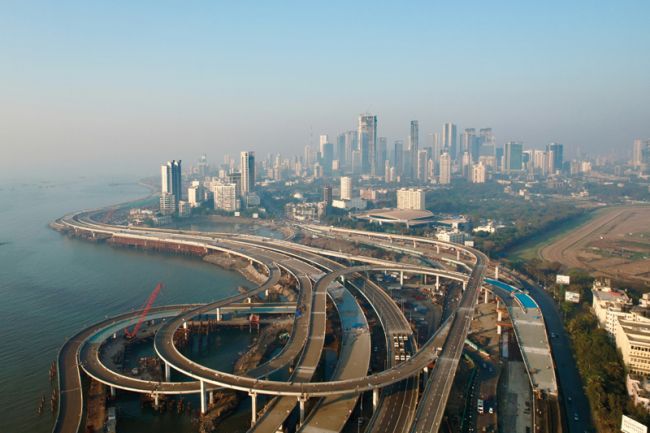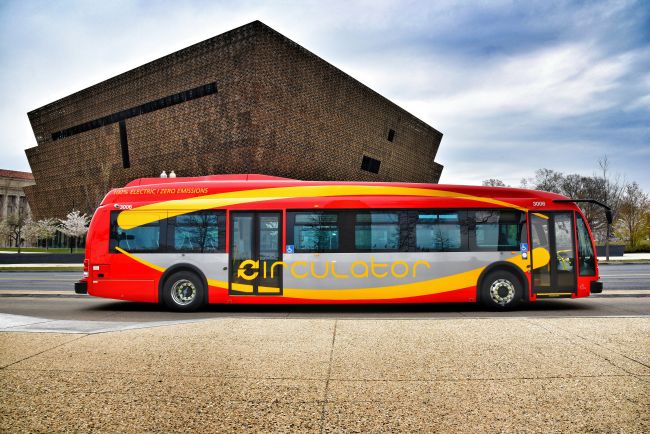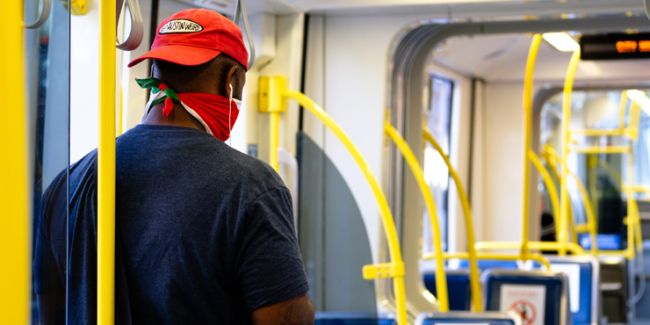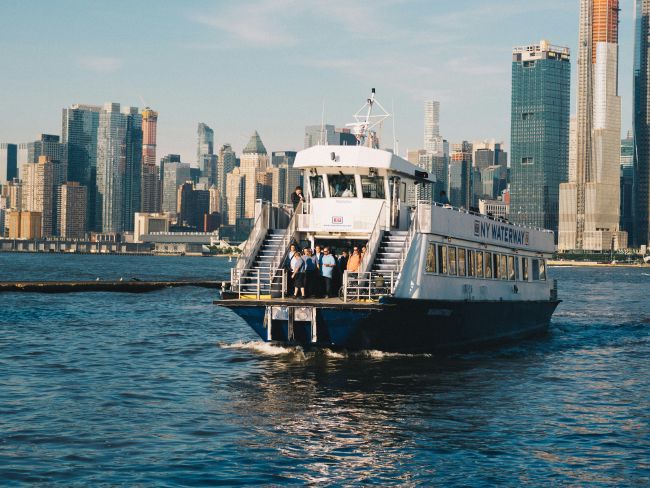An insider’s view on how Personal Travel Planning is evolving
PTP was first implemented in the UK in the late 1990s. The Guidance had been implemented in 20 towns and cities across the UK.

Personal travel planning (PTP) as defined in the DfT published Guidance is “a well established method that encourages people to make more sustainable travel choices. It seeks to overcome the habitual use of the car, enabling more journeys to be made on foot, bike, bus, train or in shared cars. This is achieved through the provision of information, incentives and motivation directly to individuals to help them voluntarily make more informed travel choices.”
PTP was first implemented in the UK in the late 1990s. At the time of writing, the Guidance had been implemented in circa 20 towns and cities across the UK. The most celebrated of these was its varied application in the three Sustainable Travel Towns – Darlington, Peterborough and Worcester – after which it seems most of the scepticism about whether it really worked or not was laid to rest. There is no doubt that in Darlington, where PTP was offered to each one of the 40,000 households in the town, it contributed significantly to the 9% reduction in car driver trips in the town measured between 2004 and 2009.
PTP has evolved in many ways since the completion of the Sustainable Travel Towns project, and even more so than the first PTP-style project I ever worked on with Leeds City Council and Metro back in 1997. For me personally, it remains deeply satisfying to deliver projects which I truly believe make a difference to people’s lives, whilst achieving the higher level objectives of transport planning.
We are currently working with eight different local authority clients implementing PTP, and more than ever before each and every application is different. Here are just some of the ways in which PTP has been used to achieve results.
Cycling-only PTP
The establishment of Cycle Demonstration Towns in England has led to the implementation of cycling-only PTP. Initially many were sceptical about this approach – it seemed wasteful for advisers to only talk about cycling and not mention public transport as an alternative. But following the positive results recorded in Colchester, we are now implementing cycling-only PTP in two more areas in conjunction with the opening of new cycling infrastructure. Advisers are also equipped to carry out basic bike maintenance and offer accompanied rides. In Greater Bristol they have gone one step further and also offer loan bikes as part of their cycle-only PTP offer.
Reaching thousands of households through events and employers
In Bristol (a Cycling Demonstration City), the authorities wanted to step up their activity to reach many more people than was being achieved through traditional door knocking methods. Our team of ten Bristol-based Cycle Advisers are now delivering PTP at large employers and local and city-wide events – promoting key offers including loan bikes, cycle training and Dr Bike. Bristol and South Gloucestershire Councils’ Cycling City teams are generating the demand for our Cycle Advisers through working directly with key employers and event organisers. The proper integration of our team with the client team is already paying dividends – Bristol has managed to successfully reach thousands of households a month.
Promote upgrading of infrastructure
More authorities are linking PTP to upgrading of infrastructure as a marketing exercise. We are underway with our third PTP project in Coventry, supporting the implementation of the Bus Showcase corridors in the city. The PTP project covers a catchment area which follows the number 13 bus route from Coventry City Centre to the northern edges of the city. It is helping to raise awareness of bus service improvements which are currently being implemented along the corridor. This has been an effective and low cost way to make residents living near selected routes aware of these improvements, which include real-time information and reliability.
Promoting physical benefits of active travel
Scotland is currently experiencing heavy investment in PTP initiatives as part of the Government’s investment in Smarter Choices Smarter Places. This is our second year delivering the Go Barrhead PTP project in East Renfrewshire where we are working closely with health improvement officers to promote the physical benefits of active travel as well as the holistic benefits of a healthy lifestyle and diet. We are incorporating 'healthy eating' messages in the local Community Guide and Go Active Challenge and using a variety of incentives to encourage participation. Involving health improvement officers has generated wider support for the project and the provision of additional resources and a broader pool of incentives has been an asset.

